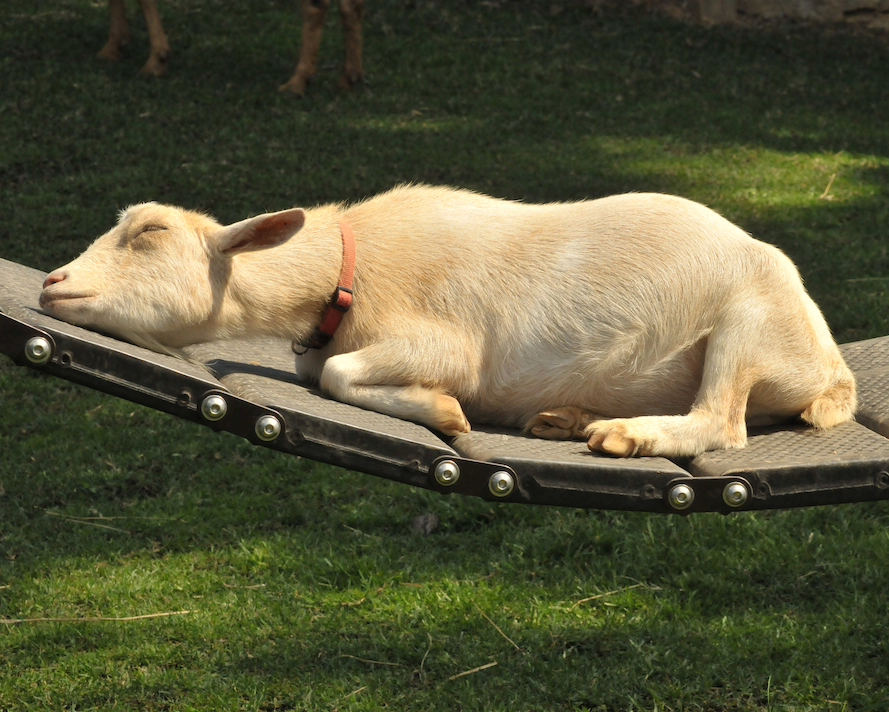Mindfulness is everywhere right now. But do you know what it actually is?
Like many things that get press coverage and go mainstream, it’s easy to think you know all about it.
But what if, like most people, you’re still not clear what the profound benefits of mindfulness actually are? And what if those benefits aren’t as far away as you might think?
Odds are, if you really knew how much it could change your life—and how quickly—you’d be practicing it right now. My goal is to convince you of that.
What Is Mindfulness?
So what is mindfulness? First, a formal definition sounds like this, “the intentional, accepting and non-judgmental focus of one’s attention on the emotions, thoughts and sensations occurring in the present moment.”
But the way I like to think about it is this. Mindfulness is the art of paying attention. Of course, paying attention only ever happens right now, so learning this art grounds you in the present moment.
You might already know that.
But there is more to mindfulness than just being present, although that’s a big deal in itself.
In truth, mindfulness has a number of other amazing attributes that can change your life instantly. For example, my personal favorite, it focuses your attention.
That’s more important and significant than it sounds. Especially in a day and age when you, me, our kids, and even our parents (wink to my Mom & Dad) are all doing more in less time than ever before.
Seriously, I wonder if human attention has ever been this divided and scattered? Maybe it’s just me. But I think it’s no coincidence that mindfulness is getting billed as the proverbial panacea of the contemplative arts for it’s attention-centering properties.
So let’s take a deeper look at what mindfulness really is and why it’s important for you to take it seriously. Like I said, I want to convince you that if you are not practicing it already, I highly recommend you start.
5 Reasons You Need to Start Practicing Mindfulness
- Mindfulness Will Improve Your Relationships
- Mindfulness Will Unlock Your Mind (& Also Your Heart)
- Mindfulness Will Slow You Down (in a good way)
- Mindfulness Helps You Stop Struggling
- Mindfulness & Meditation Go Together
Mindfulness Will Improve Your Relationships
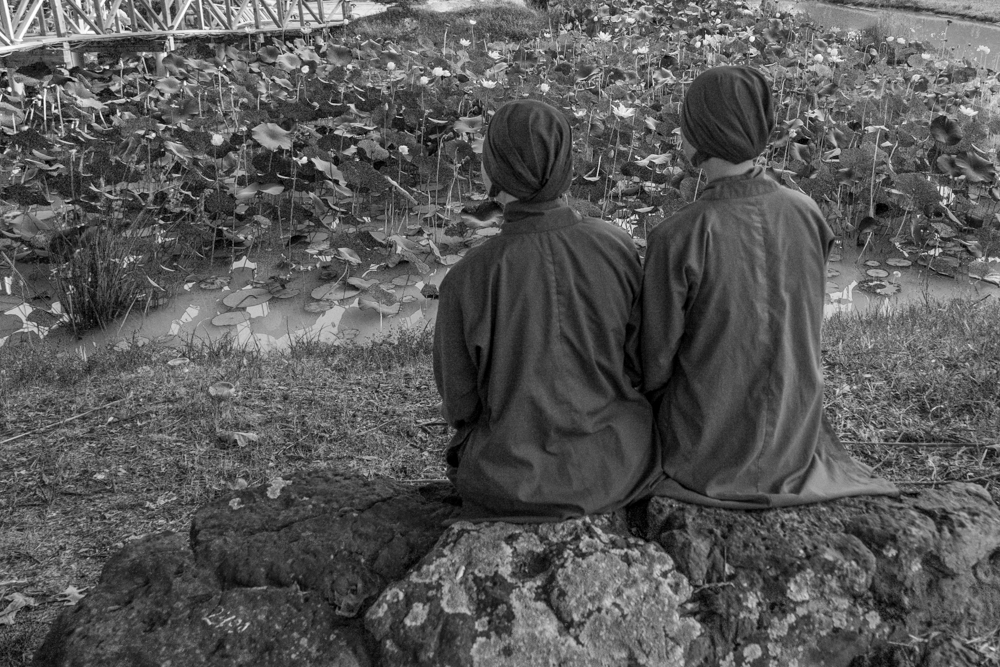
Mindfulness makes you more human. When you start to practice, you become more sensitive to the field of your relationships.
Often, we negotiate life, and our relationships, through a constant filter of ideas, assumptions, judgements. This is totally natural, and not inherently a bad thing. I think that kind of discriminating intelligence is an important function of evolution.
But there’s also a downside if you can’t remove that filter.
That’s where mindfulness comes into play. Practicing mindfulness helps you suspend and disarm your pre-conceived ideas of other people, life, and reality.
For example, I strive to think of all my relationships as fundamentally mysterious and full of potential. And when you have the presence to notice, in all your engagements, there is a steady stream of information and intelligence flooding your awareness. Are you aware of that? It’s kind of amazing when you think about it. Often, we miss most of it.
And when I say information and intelligence, I’m not just talking about ideas and mental constructs. You pick up on deeper things like motive, intention, and vulnerability. It’s a deeper layer of communication between us all that’s always present but seldom spoken to. I think this is what the real masters of communication are tuned into.
So where does that intelligence and information come from? I don’t know. Like I said, it’s a mystery. It’s there before the words and ideas even start.
But I do know that being mindful opens the portal for that intelligence. If you are not present, you’ll miss it for sure. If you don’t suspend that filter, odds are good that you are missing a whole world unfolding right in front of you. As a result, you may lose out on some of the rich potential for connection and relationship that exists in any given moment.
Will mindfulness save your marriage? Maybe not, but you get my point. Paying attention is fundamental to building (and sustaining) relationships. And through mindfulness, you begin cultivating and refining the quality of your attention.
Mindfulness Will Open Your Mind (& Also Your Heart)
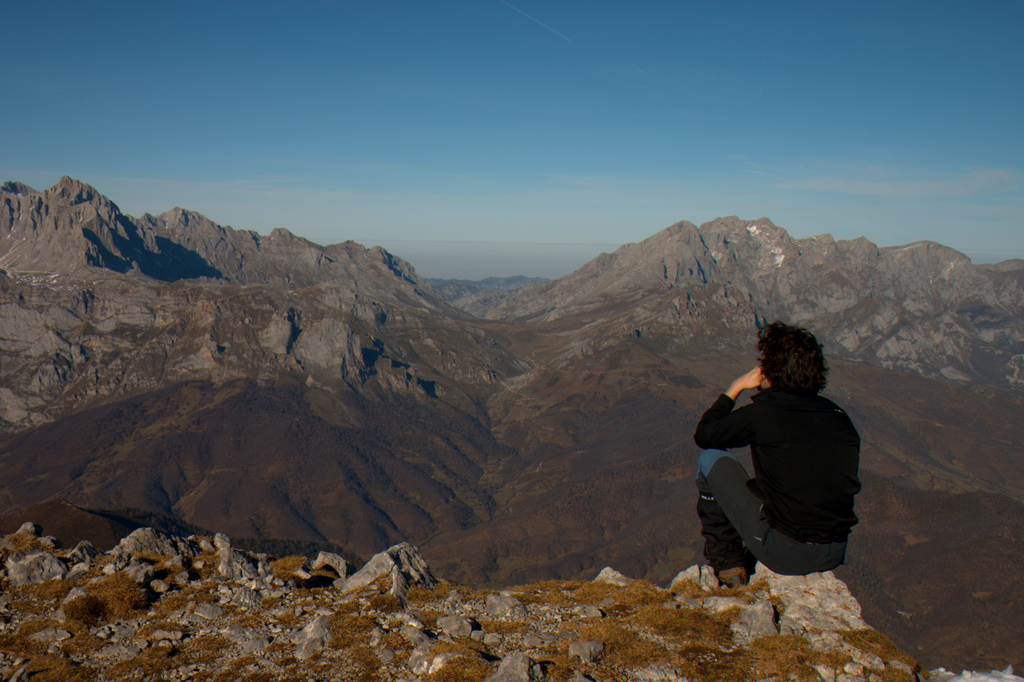
Being mindful can unlock your mind. You’ll be surprised to discover powers of perception you forgot about or didn’t know you have.
Often, your mind is scattered like a dust storm, raging across your day, as you consume information, events, details. And for most of us, there isn’t much order to that storm. Your mind can feel chaotic and messy. And that causes stress and anxiety.
But mindfulness is all about focus. When you cultivate mindfulness, you resist the temptation to let your mind go into hurricane mode. Instead, you focus on doing one thing at a time. Again, sounds simple, and technically it is. But if you are like most of us, you probably haven’t cultivated the art and discipline of paying attention.
That’s what mindfulness is all about.
So how do you do that? By resisting the temptation to do more than one thing at a time. And by slowing down. When you relax and pay full attention to what you’re doing–a conversation, a task at work, cooking a meal, or even making love–everything changes.
You’ll find that you notice more. Your mind awakens in new ways that aren’t possible when it’s scattered. When you are relaxed and paying attention to what you’re doing, often you’ll become absorbed, interested, and fascinated.
Or sometimes, you become aware of everything at once. Suddenly, doing the dishes becomes a little like playing an instrument in an orchestra. That orchestra (and the symphony) is the pulse of life thrumming around you, in and through everything. That’s the more magical part of mindfulness. It’s not always like that at all, but it can be.
Suddenly you’re in a flow state doing the most mundane tasks. I’m guessing you’ve experienced this for yourself.
Mindfulness Will Slow You Down (In A Good Way)
Mindfulness starts with slowing down. Whatever you are doing, slow it down.
Things start to change instantly when you do that. New information about reality becomes available because suddenly there is more space. Your mind is no longer like a crowded room of clamoring monkeys beating their chests and competing to get the most attention.
I like to think of it this way. When I slow down, I drop into the center of myself. My actions are rooted, grounded, and come from the deepest part of myself. That part of me never moves. And it’s always at rest.
This is also where stillness starts to infuse your actions. When you consciously begin to slow down, whatever you are doing, it brings a quality of stillness into everything you do.
Moving out into the world of action from this still center is powerful. There is an economy of thought and action. You are more deliberate and conscious of the world and the people around you when you move from this mindful center.
The universe comes alive in interesting ways as you slow down and step beyond the cocoon of your own mind.
It’s as if you think that you are living in a small room with all the same furniture .Then suddenly you lift your eyes and realize that you are in a grand hall with beautiful ceilings and endless space. This is mindfulness.
At the same time, it’s ordinary and simple and nothing special at all. But something is definitely different. What is it?
Well, for one thing, when you slow down, you stop fighting the current of life as it unfolds moment to moment. And that can have a huge existential impact on your whole being. What kind of impact? Think freedom, energy, release.
Mindfulness Means You Stop Struggling
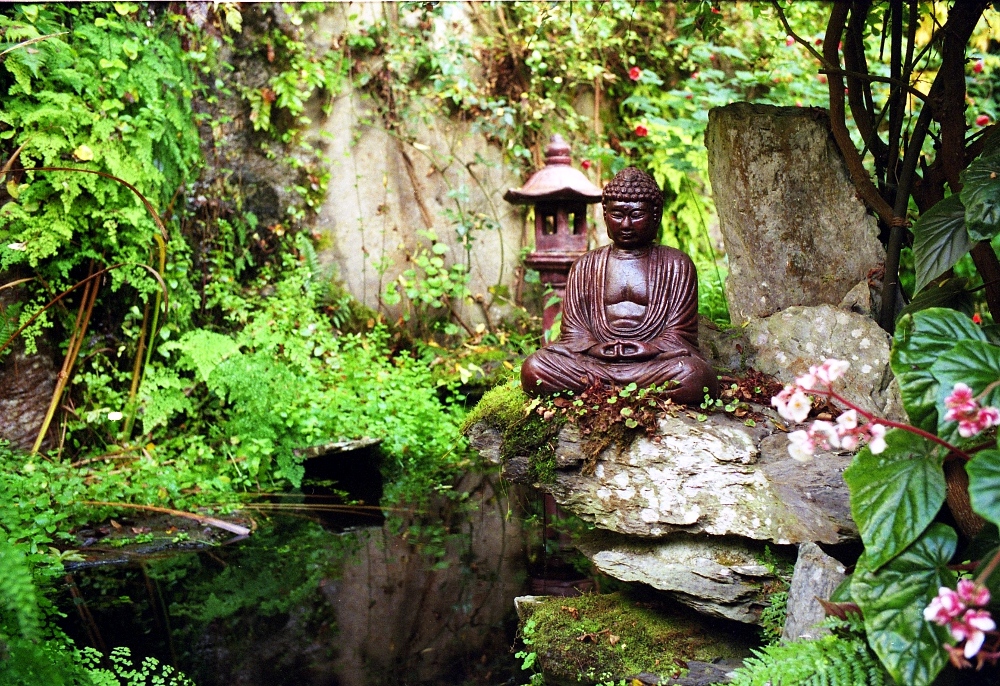
Do you ever notice how tight you get? I mean deep down uptight. Coiled up like a spring?
Maybe it’s not true for everybody, but I’ve observed that many of us are pretty wound up a lot of the time. I sure am.
Mindfulness helps me uncoil. It helps me stop struggling against the way things are.
And that’s just it. Practicing mindfulness exposes just how much you struggle against life and against your own experience. When you start to slow down and pay attention, it’s like a deep knot in your stomach starts to slowly uncoil.
What is that knot? First, think about how hard it is to let things be when you sit down to meditate. Have you ever noticed? It can be incredibly challenging to just let your mind and experience be exactly as it is.
Maybe it’s up and maybe it’s down. Maybe it’s completely blank or totally boring. The thing is, most of us have a hard time letting it be what it is without applying some label to it and wanting it to be different than what it is.
If you are like me, your internal dialogue sounds something like this: “That’s a good thought. That’s a bad thought. I don’t like that feeling. Ouch, I’m uncomfortable. I don’t like that. I’m not relaxed enough. I’m bored. Nothing’s happening. Wait, that felt good. Umm, what was that good feeling? I want more of that.”
And on it goes. You are constantly judging your experience. Rarely, if ever, do you let it be just as it is—the good, the bad, and the ugly.
That’s a metaphor for how you relate to life in general. Mindfulness helps you to see that. And it helps you stop struggling against the relentless tide of life, reality, and your naturally erratic human experience.
Mindfulness is all about being fine and easy with all of it. You don’t have to like it, but that’s not the point. The point is to stop fighting it all. And most of us are embracing, albeit unconsciously, a position of fundamental resistance.
That’s the deep knot that will start melting in the warm light of your mindfulness practice.
Mindfulness & Meditation Work Together
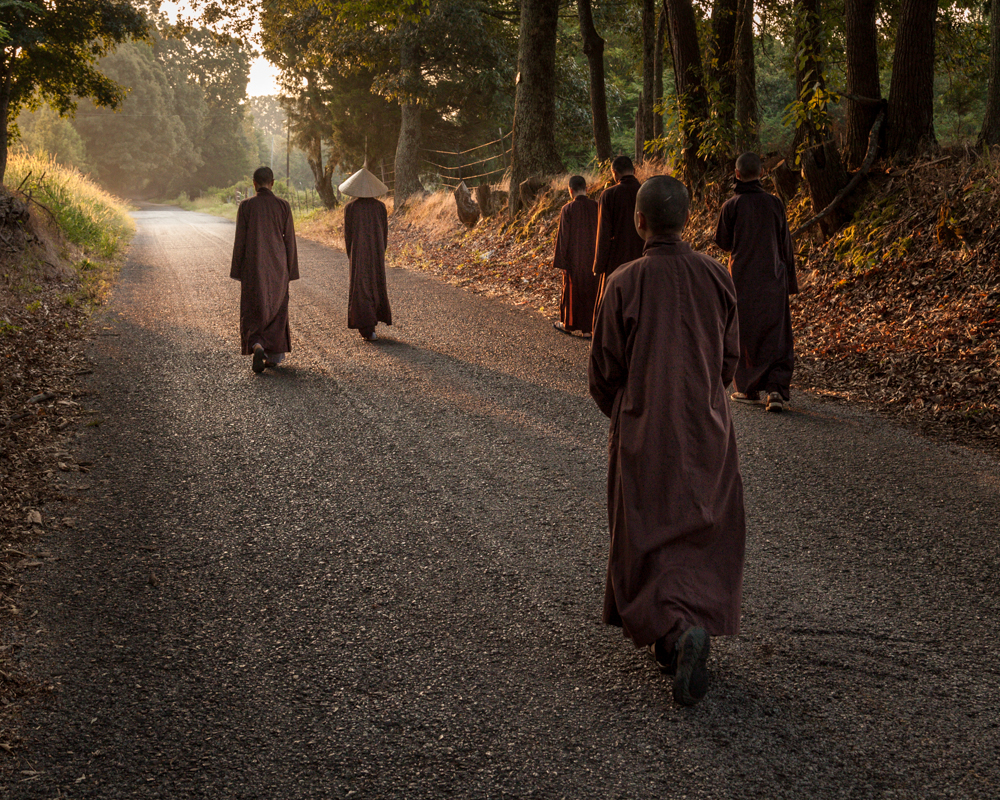
I’ve been meditating for about 20 years. At first, when mindfulness started to show up in every other HuffPo article, I didn’t know what it meant. But then, after I read more about it, I realized I practice it all the time.
You see, meditation and mindfulness go together. In meditation, whatever technique you practice, you are striving to let go of your mind. Your practice is like a submarine that you ride from surface tumult of your mind and emotions down into the calm blue depths of your being.
With consistent practice, meditation immerses you in a part of yourself that is always free, at peace, and untroubled by circumstance. It’s perfectly still and it seems to be all-encompassing. For me, meditation builds confidence and conviction in this perennially peaceful part of myself.
That confidence permeates my mindfulness practice. It’s the bedrock of limitless awareness that I stand on. And it’s hard for me to imagine building a powerful mindfulness practice that isn’t fundamentally fueled by meditation.
For example, I know that when I am giving a lot to my meditation practice, it will stay with me all day through my mindfulness practice. I’m more relaxed and less reactive and more considerate of other people’s needs and perspectives. I feel the presence of that stillness the moment I make a conscious choice to slow down.
Suddenly, that mysterious current of meditation floods my awareness, and I am buoyed by something I can’t see.
So, are you convinced yet?
If you are compelled by any of this, then you should try mindfulness. Start simple. Slow yourself down. Whatever you are doing, slow it down. That’s how you can start. You’ve got nothing to lose, except maybe that deep knot I mentioned.
And, don’t forget, this is something you can always do right now. In fact, right now is the only time you’ll ever do it.

